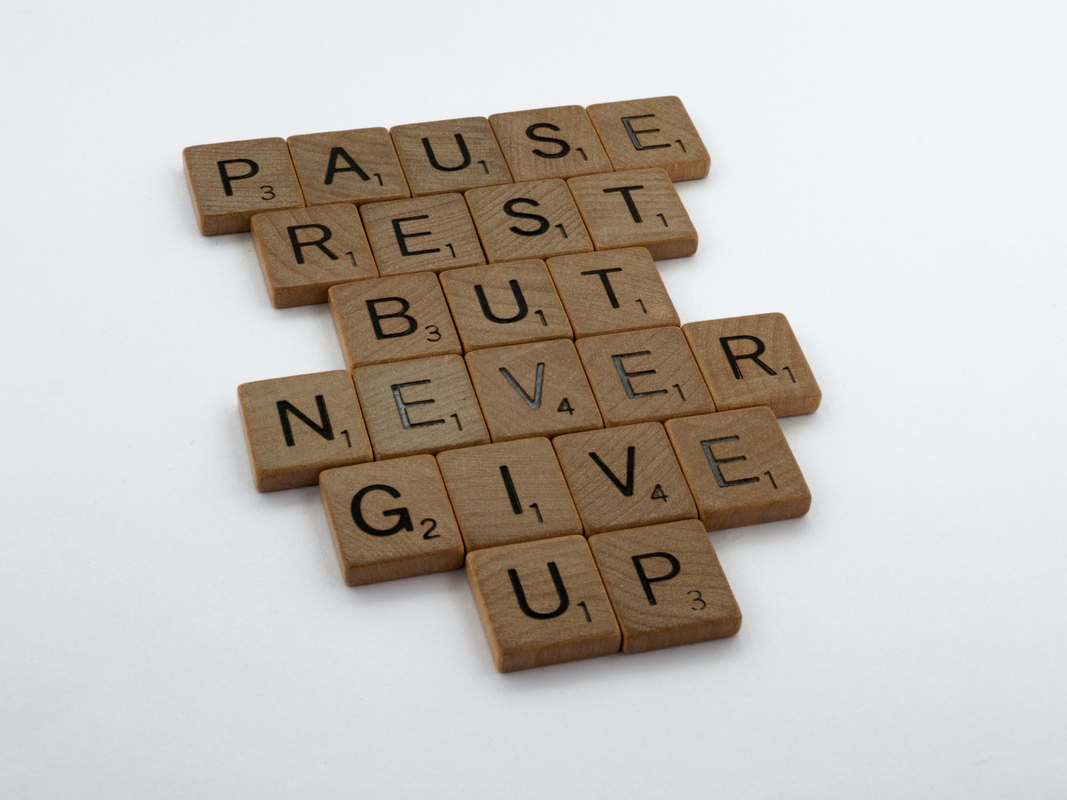Congratulations on making the Smart decision to seek help!The fear of the unknown can make this entire experience quite intimidating. Let's discuss what to expect when entering a substance abuse rehab in hopes of alleviating some of those anxieties. 5 Expectations for Entering an Inpatient Addiction Treatment Center1. Where Am I Going and What Should I Bring? |
AuthorSubstance Abuse Counselor Archives
May 2024
Categories
All
|


 RSS Feed
RSS Feed